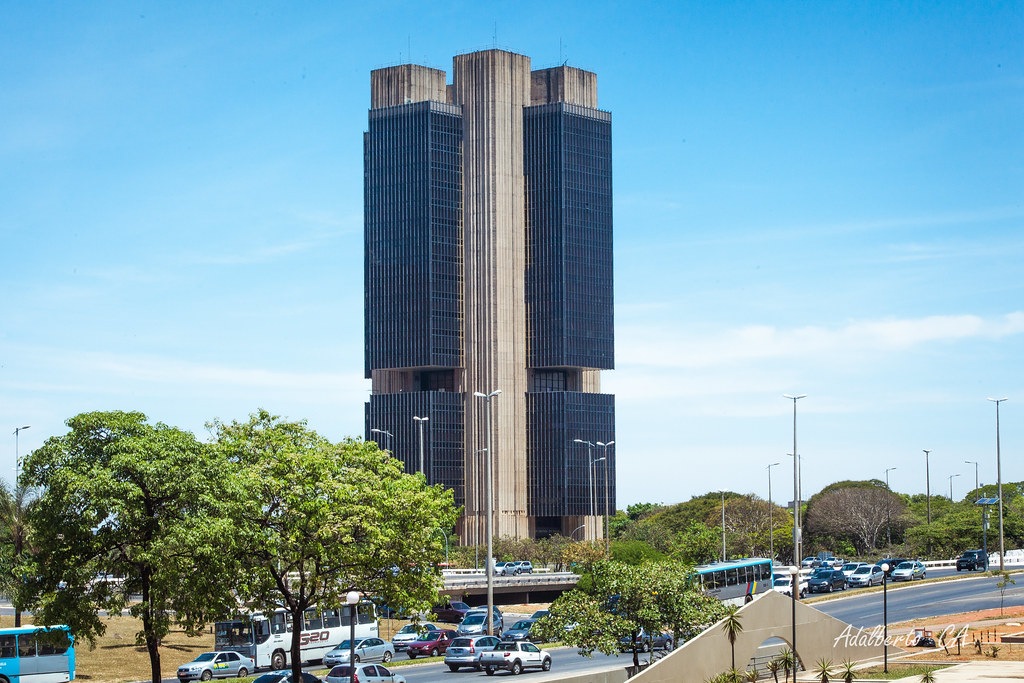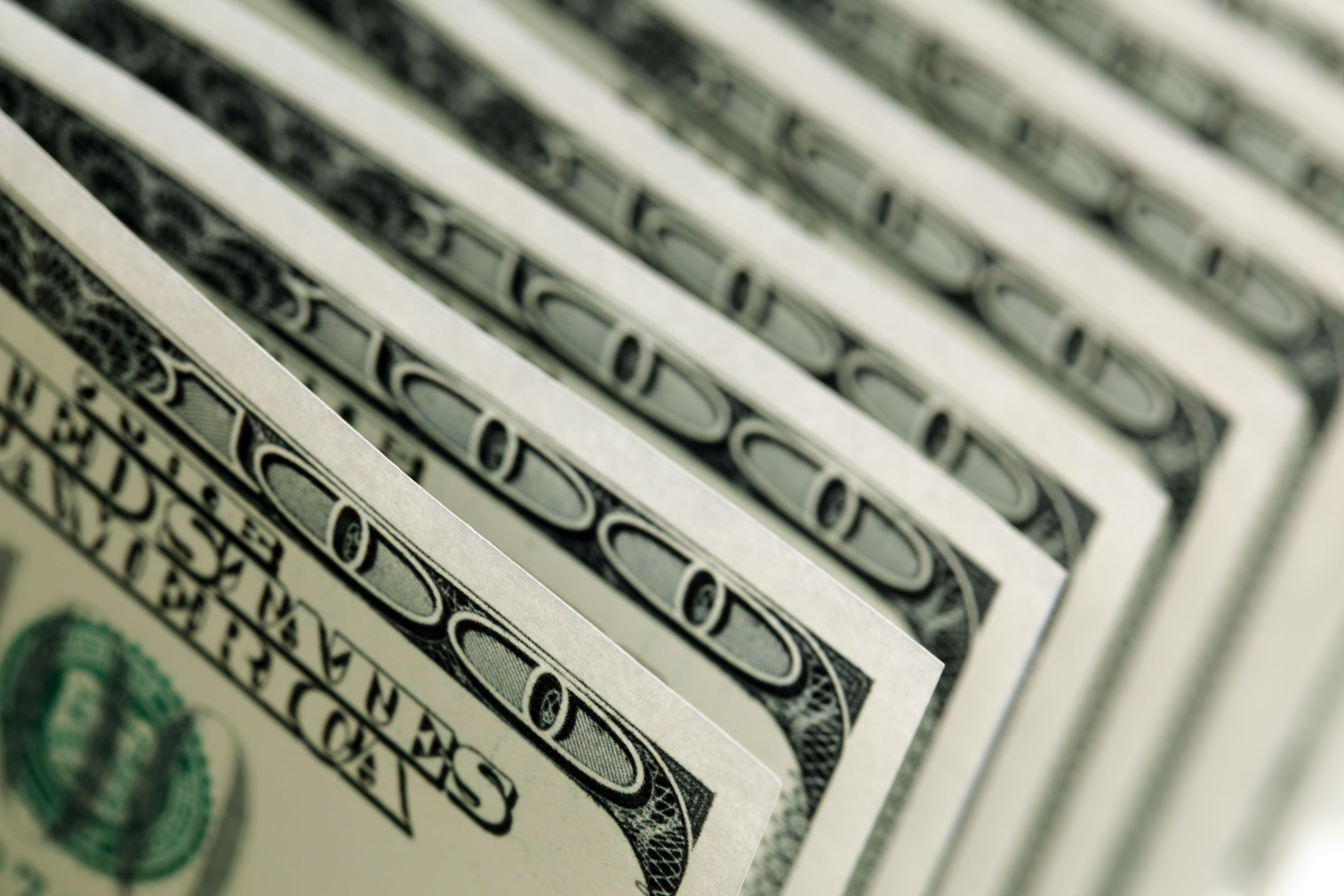RIO DE JANEIRO, BRAZIL – After auctioning US$26.9 billion (R$107.6 billion) of international reserves in recent months, the Central Bank (BC) will sell an additional US$11.3 billion in the cash market in November. The announcement was issued yesterday, October 24th, by the monetary authority after the markets closed.

The money will be used to renew traditional currency swap contracts (selling dollars on the futures market) that expire in January. The direct sale of dollars from reserves represents a new model of foreign exchange intervention with repercussions on fiscal policy, by reducing interest rates on the public debt and helping to secure the government’s indebtedness at times of high dollar exchange rates.
One of the country’s main instruments against external shocks in the economy, international reserves currently stand at US$371.3 billion. At the end of August, when the government adopted the new policy, reserves stood at US$388 billion.
Ordinary buyers cannot purchase dollars from international reserves. This type of operation is restricted to dealers – large banks and brokers authorized by the Central Bank to meet the demand for dollars by large companies and other financial institutions.
New model
Until the end of August, at times when the US currency was rising, the monetary authority auctioned traditional exchange swap contracts, which are equivalent to selling dollars on the futures market. Made in Brazilian reais, these operations do not affect international reserves, but have an impact on the exchange position of the Central Bank and increase interest rates on the public debt.

Now, the Central Bank operates differently. It will sell dollars in the spot market and, at the same time, it will buy the same value in reverse exchange swap contracts, which work as a purchase of currency in the futures market. If the demand for spot dollars drops below this value, the monetary authority will complete the operation with traditional swap contracts.
In justifying the measure, the Central Bank explained that traditional currency swaps are demanded by investors who want to protect themselves from exchange rate volatility, but that part of the market is demanding spot dollars because of the economic situation. The new policy has fiscal consequences because by selling fewer traditional swaps and more dollars from foreign reserves, the government pays less interest on federal public debt.
Yesterday, the commercial dollar closed the day sold at R$4.045, with a small rise of 0.3 percent. After dropping in the last two days amid the approval in the second round of the Welfare reform in the Senate and the easing of trade tensions between the United States and China, the US currency interrupted the downturn in a corrective response.
Source: Agência Brasil

